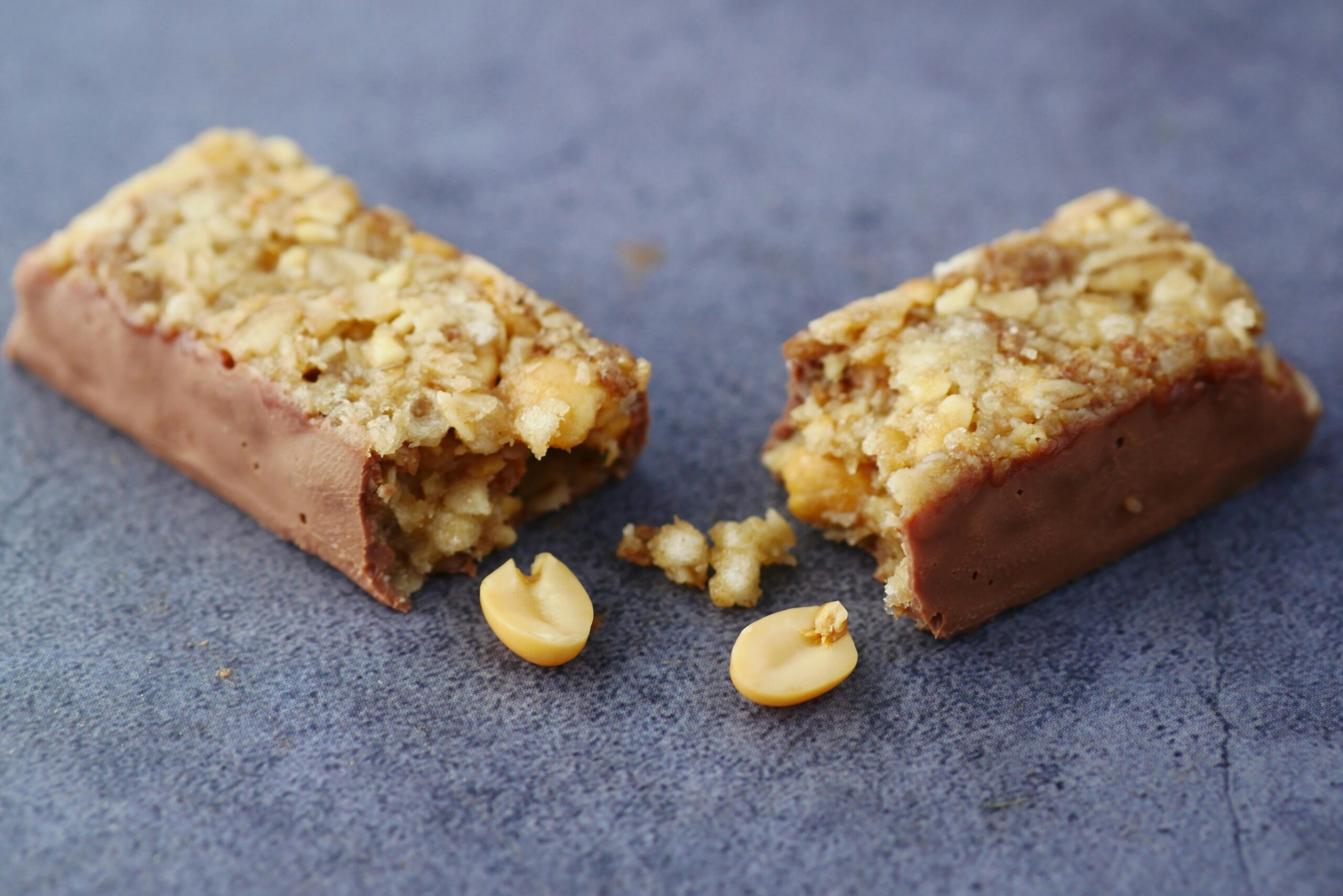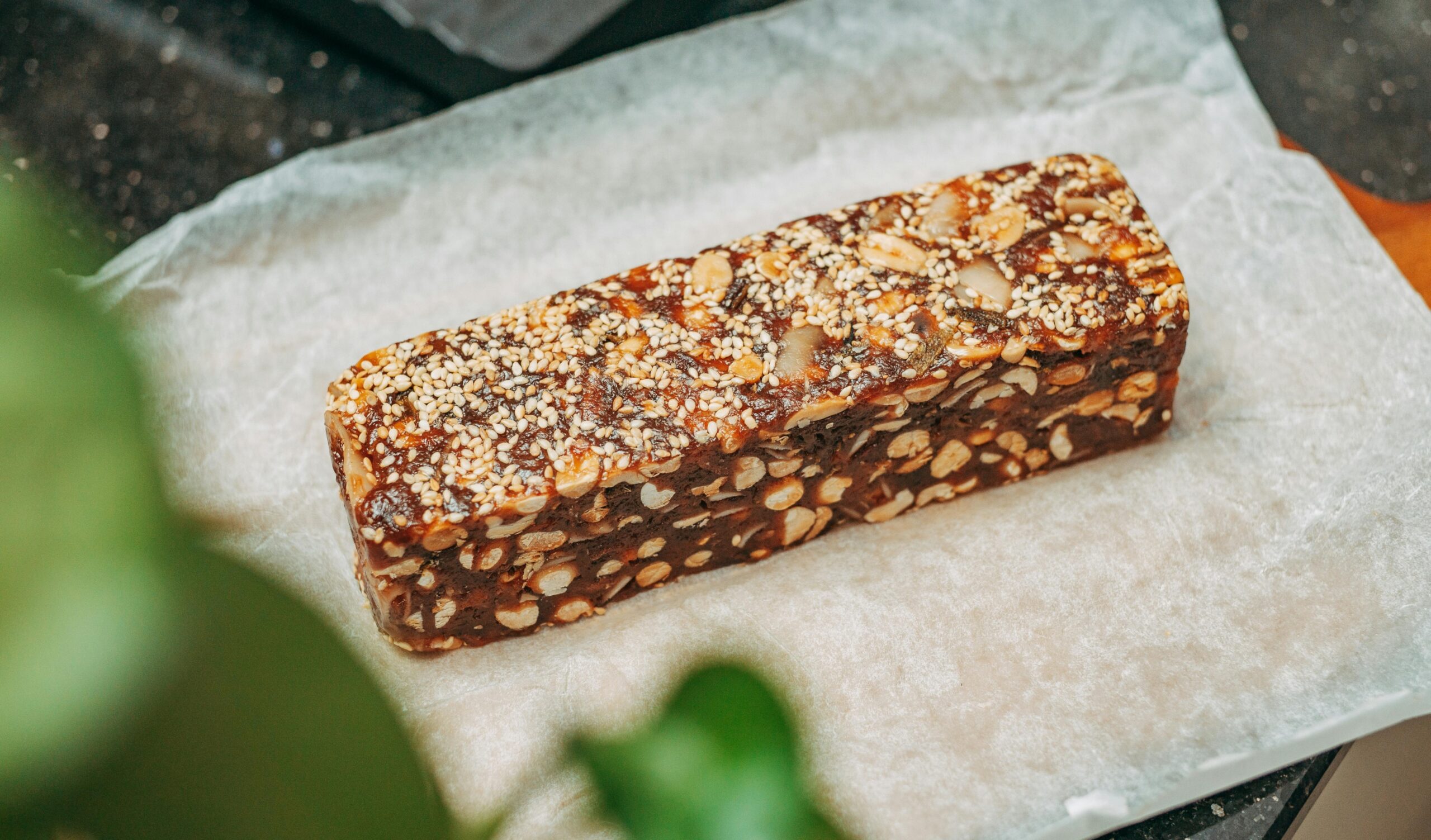Curious if protein bars and shakes live up to the hype? In this article, we dispel myths, and compare the benefits and drawbacks of protein bars and protein shakes, providing a balanced view. Learn the truth to make smarter choices whether you’re focusing on fitness, health, or convenience.
Key Takeaways
- Not all protein bars are healthy; many contain hidden sugars and unhealthy fats, so it’s crucial to check labels.
- Protein shakes aren’t essential immediately after workouts; focusing on overall daily protein intake is more important.
- Both protein bars and shakes have benefits and drawbacks; using them together can help meet varying dietary needs effectively.
Introduction
Protein isn’t just for the gym buffs; it’s an essential nutrient for everyone. It plays a key role in building and repairing body cells. Whether you’re an athlete or just trying to keep up with a healthy lifestyle, knowing how to get your protein right can make a big difference.
In this blog post, we’re breaking down the myths about protein bars and shakes, diving into their pros and cons, and giving you some practical tips to make the best protein choices for your needs.
Common Myths About Protein Bars and Protein Shakes

It’s easy to get lost in the sea of information about protein powders, bars, and shakes. Many sensationalized claims about protein have little scientific support. Protein plays a unique role compared to other macronutrients, offering distinct benefits and energy quality. However, believing in these myths can cost you the results you work hard for.
Let’s tackle some of the most common protein myths head-on.
Myth: Protein Bars are Always Healthy
Lots of folks think protein bars are automatically a healthy snack choice. But, some of them pack as many calories as candy bars, even though they’re sold as health snacks. Sneaky added sugars and unhealthy fats can be lurking in these bars, which can cancel out their nutritional perks.
So, it’s worth giving those protein bar labels a good look instead of just trusting the flashy health claims.
Myth: You Gotta Have Protein Shakes Right After a Workout
Another big myth is that you need to chug a protein shake right after hitting the gym to see any benefits. Truth is, it’s not crucial to gulp down protein right after exercising; having a steady protein intake throughout the day is what really counts. The overall amount of protein you consume matters more than when you have it.
You can easily hit your protein goals with regular food, without relying just on protein shakes.
Benefits of Protein Bars

Protein bars are pretty awesome for a bunch of reasons, which is why they’re a go-to for many folks. They’re super handy and easy to carry around, making them perfect for anyone with a hectic schedule or an active lifestyle. Plus, they can be packed with nutrients, offering a nice combo of protein, carbs, and fiber.
Protein bars can also help you manage your weight by keeping you feeling full. Let’s dive into these perks a bit more.
Convenience and Portability
One of the coolest things about protein bars is how easy they are to grab and go. You can toss them in your bag or keep them in your car, making them a great snack when you’re on the move. If you’re short on time or can’t whip up a meal, protein bars are a quick and efficient way to get those essential nutrients.
Nutrient Density
Protein bars are often made to give you a good mix of protein, carbs, and fiber, which can help keep your blood sugar levels steady. Many bars also have extra goodies like B vitamins and fiber, making them a solid pick for anyone with specific dietary needs.
These snacks are packed with essential amino acids and other nutrients.
Satiety and Weight Management
Thanks to their high protein content, protein bars can help squash hunger, which is great for weight management since they make you feel full. This can mean you eat fewer calories at meals, helping with weight loss and upping your overall nutrient intake.
They’re a satisfying snack to keep your energy up between meals.
Drawbacks of Protein Bars
While protein bars have their perks, they’re not perfect. Things like added sugars, unhealthy fats, lots of processing, and cost can take away from their nutritional value.
Let’s break down these issues.
Added Sugars and Unhealthy Fats
Even though they’re marketed as healthy, many protein bars are loaded with added sugars, which can lead to health issues like fatty liver, obesity, and diabetes. Plus, they often have unhealthy fats, like refined seed oils, which can cause inflammation if you eat too much.
Processing and Additives
A lot of protein bars are heavily processed and might not offer much nutritional value. Ultra-processed foods, including some protein bars, are linked to negative health outcomes like obesity and diabetes. The artificial sweeteners and unhealthy oils in them can also cut into their health benefits.
Cost Considerations
Protein bars can be pricier than whole food protein sources, making you wonder if they’re worth it for everyday use. You need to weigh their convenience and nutritional benefits against their cost compared to whole foods.
Benefits of Protein Shakes
Protein shakes are a great way to boost your protein intake quickly. They’re perfect for fast absorption and muscle repair, offer customizable nutrition options, and support a high protein intake.
Let’s dig into these benefits.
Quick Absorption and Muscle Repair
Protein shakes are super handy after a workout, providing a quick protein boost that helps with muscle recovery. Their fast absorption is great for intense workouts and promoting muscle growth.
These perks make them ideal for athletes and fitness fans.
Customizable Nutrition
You can tailor protein shakes with various protein sources, like whey, casein, soy, or pea, to match your dietary needs. This flexibility is great for managing dietary restrictions like lactose intolerance or vegan diets.
Customizing shakes helps hit specific fitness and nutrition goals.
Supporting High Protein Intake
If you’re looking to up your protein intake, protein shakes are a convenient option. Adults generally need 0.8 grams of protein per kilogram of body weight per day, but for muscle building, experts suggest 1.4 to 2 grams per kilogram.
Protein shakes help you meet these higher protein needs efficiently.
Drawbacks of Protein Shakes
While protein shakes are great, they have their downsides too. Over-relying on them, potential digestive issues, and ingredient quality concerns are key things to consider.
Let’s explore these drawbacks.
Over-Reliance on Supplements
Relying too much on protein supplements can make you miss out on the benefits of a balanced, whole-food diet. Even though protein shakes can boost muscle protein synthesis, their effects only last 2-3 hours.
Regular meals offer similar benefits, so it’s important to balance supplements with whole foods.
Potential Digestive Issues
Some people experience digestive issues like bloating and discomfort with certain protein powders. These symptoms can make sticking to protein supplements tough. Causes include lactose intolerance and artificial sweeteners in protein powders.
Chat with a healthcare provider or try different protein sources to ease these issues.
Quality and Ingredient Transparency
Quality and transparency concerns with protein shake ingredients are valid. Whey protein, for example, is often linked to lactose, which can be a sensitivity for many.
The lack of regulatory oversight in protein powders makes it hard to confirm ingredient quality.
Comparing Protein Bars and Protein Shakes
Both protein bars and shakes have their own unique perks and downsides. Depending on your dietary needs and situation, either can help you meet your protein intake goals.
Let’s compare their best use cases and see how they can work together.
Best Situations for Protein Bars
Protein bars are great for people who are always on the move and don’t have time for meal prep. They’re especially handy during travel or busy days, offering quick nutrition when meal prep isn’t an option.
Their portability makes them a convenient snack on-the-go.
Best Situations for Protein Shakes
Protein shakes are awesome for quick amino acid absorption, essential for muscle repair and recovery after workouts. They offer the flexibility to customize nutrients, letting you tailor shakes to fit your dietary needs and preferences.
They’re an efficient way to meet higher protein intake goals.
Combining Both for Optimal Results
Using both protein bars and shakes can complement each other in your diet, catering to different nutritional needs and lifestyle scenarios. This approach helps you achieve a balanced diet, allowing flexibility in protein consumption throughout the day.
Summary
To wrap it up, protein bars and shakes each offer unique benefits and drawbacks that cater to different needs. While protein bars are all about convenience and portability, protein shakes provide quick absorption and customizable nutrition. Balancing the use of both can help you achieve optimal nutrition and support your health and fitness goals. Make smart protein choices to fuel your body effectively and keep your diet balanced.
Frequently Asked Questions
Are all protein bars healthy?
Not all protein bars are healthy; many have added sugars and unhealthy fats that can negate their benefits. Always check the ingredients!
Do I need to drink a protein shake immediately after my workout?
No, you don’t need to drink a protein shake immediately after your workout. It’s better to focus on regular protein intake throughout the day.
Can protein bars help with weight management?
Absolutely, protein bars can be a handy tool for weight management as they help curb hunger and keep you feeling full. Just make sure to choose ones with quality ingredients!
What are the common drawbacks of protein shakes?
Protein shakes can lead to over-reliance on supplements, digestive problems, and worries about the quality of ingredients. It’s essential to balance them with whole foods for optimal nutrition.
How can I balance the use of protein bars and shakes in my diet?
To balance protein bars and shakes in your diet, integrate them based on your daily activities and nutritional needs. For quick on-the-go snacks, opt for protein bars, while shakes can be great post-workout or when you need a more substantial meal replacement.